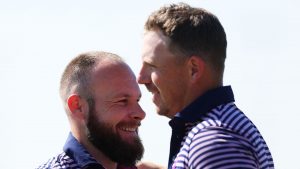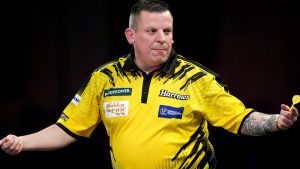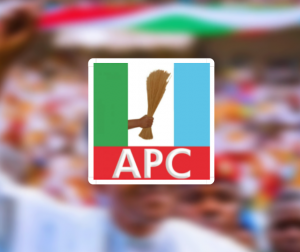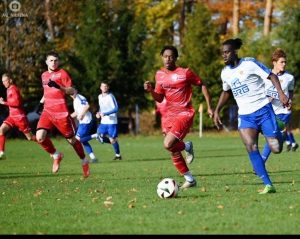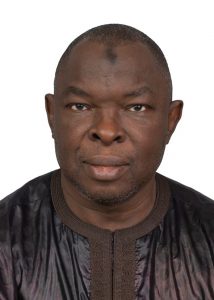‘Good luck!’ Lightning carry burden of Presidents’ Trophy

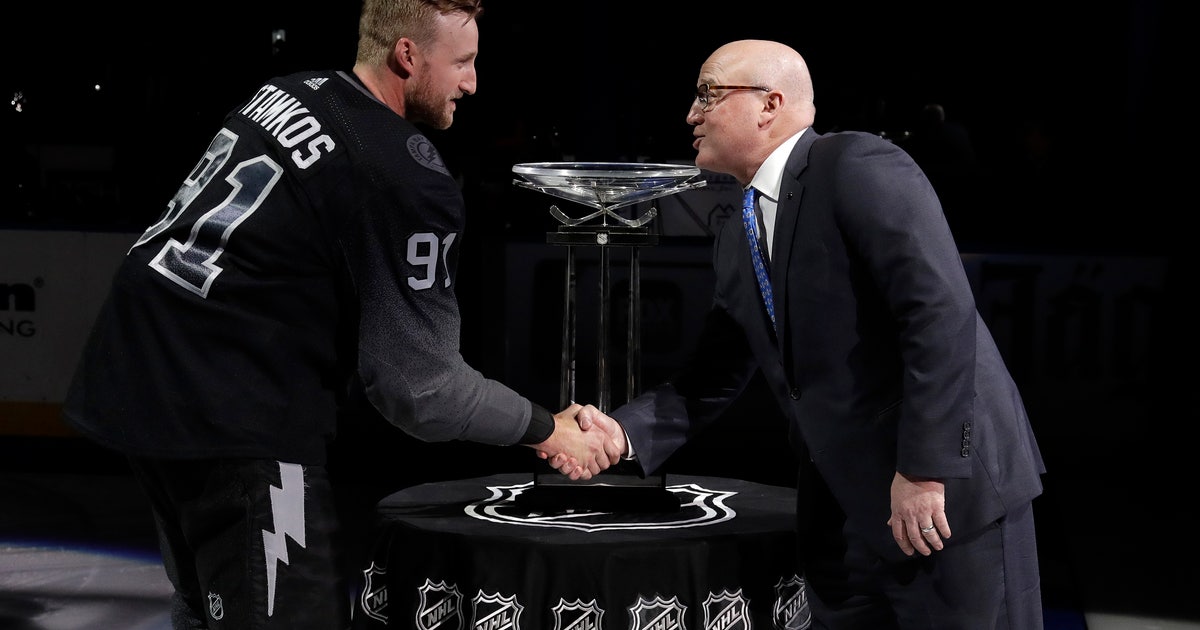
Jon Cooper and Todd Reirden were coaching at the All-Star Game in January when the topic of winning the Presidents’ Trophy came up.
With Cooper’s Tampa Bay Lightning cruising toward winning it as the NHL’s best team, he asked the Washington coach how to handle it. Reirden was less than helpful.
“I said: ‘Good luck! I don’t know what you’re talking about,’” Reirden recalled with a grin.
Finishing at the top of the league comes with expectations, but only two of 13 Presidents’ Trophy winners in the salary cap era have gone on to win the Stanley Cup and none since 2013. If this is the burden to bear for Tampa Bay, the Lightning seem OK with it.
“Nobody in there is sitting there thinking now we’ve got a path to the Stanley Cup finals,” Cooper said. “As a matter of fact, actually the odds are probably grossly against us just in the sense there’s going to be 15 other teams. Any time you go in somewhere and say, ‘OK, we’re going to pick this team’ and somebody’s got the field, usually the field is the teams to take.”
Taking the field this time means betting against a team that was 21 points clear of anyone else in the league, has the top scorer and likely MVP in Nikita Kucherov, a Vezina Trophy candidate in goalie Andrei Vasilevskiy and looks built for this moment. Of course, so did the Nashville Predators last year.
When the Predators clinched the Presidents’ Trophy against the Capitals, who won it the previous two years, winger Filip Forsberg said: “We’ve seen especially here that the trophy doesn’t mean that much going forward.”
It didn’t, and Nashville lost in the second round to Winnipeg in seven games.
The Capitals have won the Presidents’ Trophy three times in the Alex Ovechkin era — under coach Bruce Boudreau in 2010 and Barry Trotz in 2016 and 2017 (with Reirden as his top assistant) — and lost in the first or second round each time.
“Obviously it comes with a little bit of pressure,” Capitals center Nicklas Backstrom said. “You are the best team in the regular season and you obviously have more work to do I think than just regular season.”
Boudreau, now with Minnesota, said the pressure stems from constant questions players face because “they can’t away from it” more than a feeling of internal superiority. But nine years after getting beaten by red-hot goaltender Jaroslav Halak and Montreal in the first round, Boudreau vividly remembers a Game 6 feeling of, “Oh my God, if we lose this game!”
They did. Tampa Bay defenseman Braydon Coburn remembers it clearly because it helped pave the way for his run to the Cup Final with Philadelphia. He and his Lightning teammates are keenly aware of other teams’ missteps in the same spot they find themselves in now.
“You look to the past,” Coburn said. “You try to take them as lessons. I don’t think you try to psych yourself out in any sort of way. But I think you look back to that Washington series against Montreal, I remember it very well. It was Halak. He played out of his mind. That’s the thing about playoffs is you never know what’s going to happen.”
What should happen based on 1,271 regular season games is Steven Stamkos raising the Stanley Cup over his head in June. But that was also the case for the San Jose Sharks in 2009 with Joe Thornton and Patrick Marleau in their primes, and they, too, lost in the first round.
“It’s one of those things you can’t let down your guard,” said Marleau, now with Toronto. “You can’t feel comfortable for a second. It’s a brand new season. Anything can happen. There’s bounces, inches. It’s a game of inches. Just not to take your foot off the gas. If anything, it’s the time to really bear down.”
The Lightning clinched the NHL’s best record with several games left in the season, which takes away some of urgency on the ice — in a bad way.
“We weren’t playing playoff hockey — we were playing high-end, regular-season hockey, which is a big difference,” said Minnesota’s Eric Fehr, who was on that Capitals team in 2010. “It’s just the intensity of taking the puck to the net and not playing as much on the perimeter and not trying to make fancy plays. You see the high-end teams in the regular season, they’re making fancy plays, they’re scoring 3-on-2 goals. You get to the playoffs and it’s point shots, tips and battles in front of the net. That’s the difference is you have to be playing that style of game come playoff time.”
Tampa Bay was the highest-scoring team in the league, so it’s an adjustment to playoff-style hockey but something the group is used to after reaching the Eastern Conference finals last year. Forward Adam Erne said the “sour taste” from a seven-game loss to Washington is a motivation, and more experienced teammates are trying to impart some knowledge about what to do next.
“Just keep a present mind frame,” said defenseman Ryan McDonagh, who won the Presidents’ Trophy with the New York Rangers in 2015. “That’ been the best thing with this group all year is we’ve just focused on each day at a time and not look at big picture and what’s going on around us, what’s going on with other teams.”
All well and good, but previous top teams have done the same and not been able to live up to the billing. Carolina captain Justin Williams played on the 2016 and 2017 Capitals Presidents’ Trophy winning teams and acknowledged maybe it played a role in players gripping their sticks a little too tightly in the playoffs.
“It’s really hard to get in and there’s really no clear favorites once you get in,” Williams said. “But playing the favorite is a little bit different with the expectations for you to win.”


